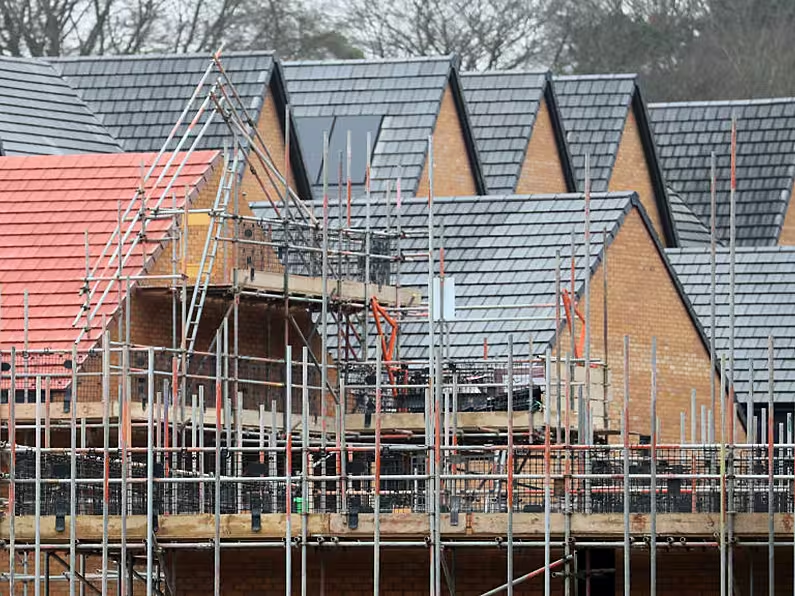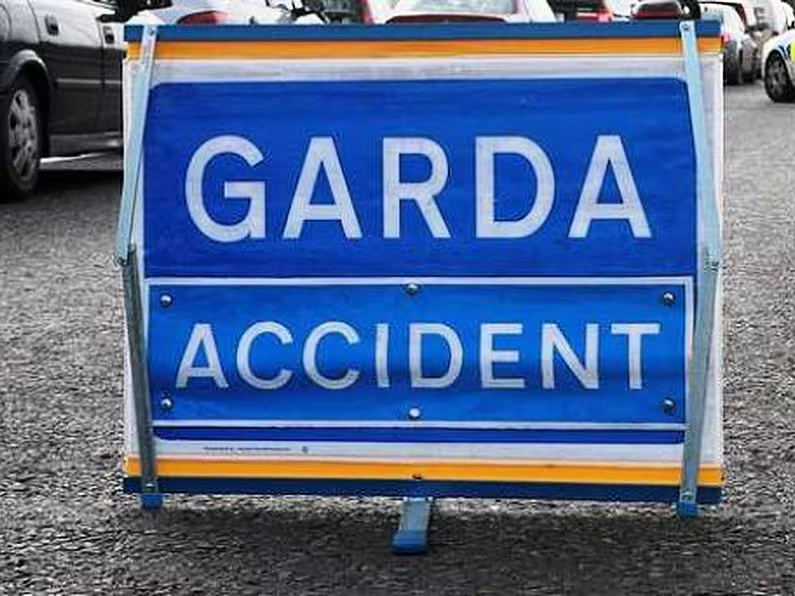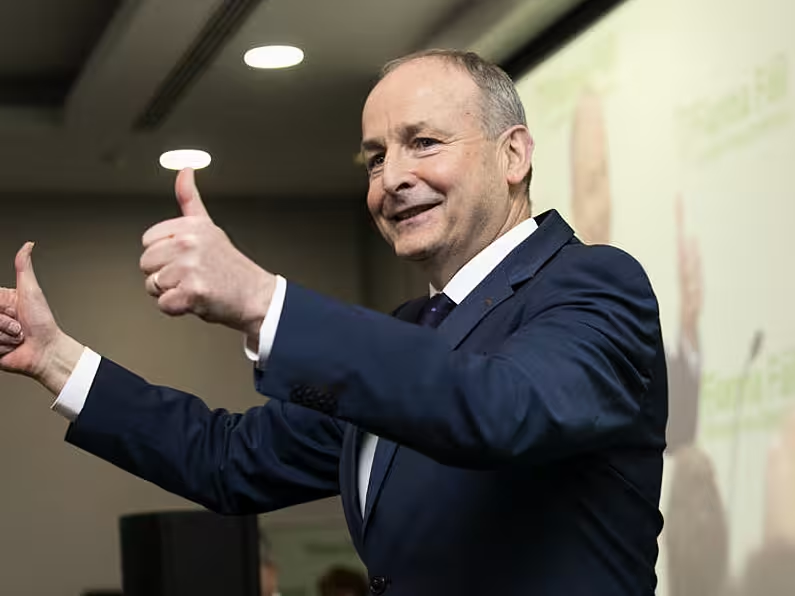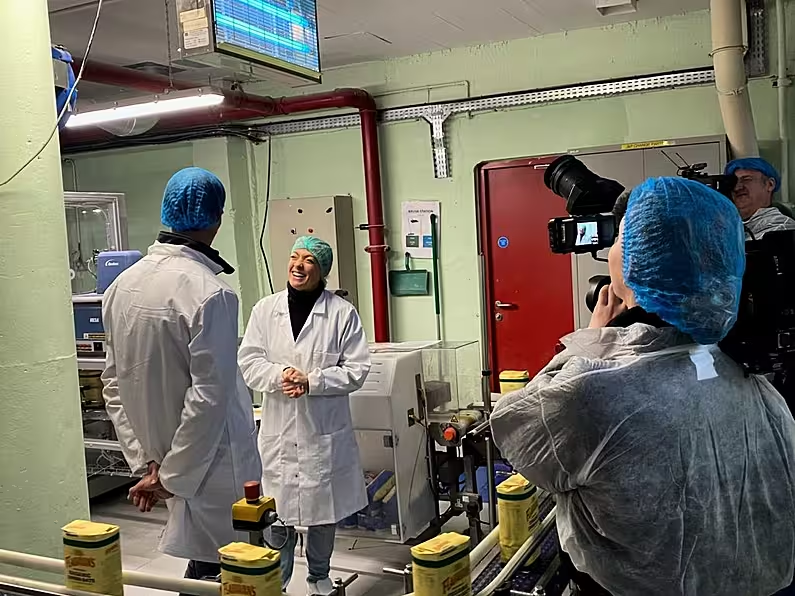The first signs of the impact of the Omicron variant have emerged with infection rising rapidly among younger people in the last week, one of the State’s top public health officials has said.
Prof Philip Nolan, who chairs the epidemiological modelling group advising the National Public Health Emergency Team (Nphet), said figures from the past seven days – and more specifically the weekend – were the “first real sign of the impact of Omicron”.
As The Irish Times reports incidence in those aged 19-34 has increased by between 50 and 70 per cent in the course of the last seven days, he said, “increasing sharply over the weekend [while] test positivity in this age group exceeds 20 per cent”.
Prof Nolan said this is to some degree offset by booster vaccination reducing incidence in those aged 65 and older, this nonetheless is a “signal of the surge of disease to come, which is likely to be concentrated in younger adults in the first instance”.
Incidence in Dublin is also growing more rapidly than in the rest of the country, with Omicron again suspected as driving the growth.
Yesterday evening, State chief medical officer Tony Holohan noted research that half the people with symptoms of coronavirus are not self-isolating – which he called “the single most important piece of basic public health advice”.
His comments come as the State prepares for a new phase in the pandemic, prompted by the rapid spread of the variant, which is significantly more transmissible than previous strains.
Coalition leaders met last night to sign off on plans to broaden access to support payments for firms whose business has been damaged by public health measures, but remain open.
Reduced turnover
Sources said that under the plan, to be discussed today by the Cabinet, hospitality and entertainment venues will effectively get the same supports as they did when fully closed even though they will be operating, albeit with reduced turnover.
They will be strongly encouraged to keep staff on the payroll. Business groups had sought the removal of caps on payments and increases in the rate of 2019 turnover used when determining what subsidy they could receive.
Elsewhere, it is understood booster vaccines will not be given to the under-40s until after Christmas with the extended programme facing complications due to multiple rollouts to three groups.
Boosters for people in their 30s are due to be administered next month at the same time that non-priority children aged between five and 11 are vaccinated with first doses and those aged between 16 and 29 years, who received the single-dose Janssen vaccine, get their booster jabs.
This will put the vaccination programme under pressure in January managing the mass rollout of first-dose vaccines to children alongside the mass rollout of boosters for two large groups, people aged 30 and over, and younger people who received the Janssen vaccine.












